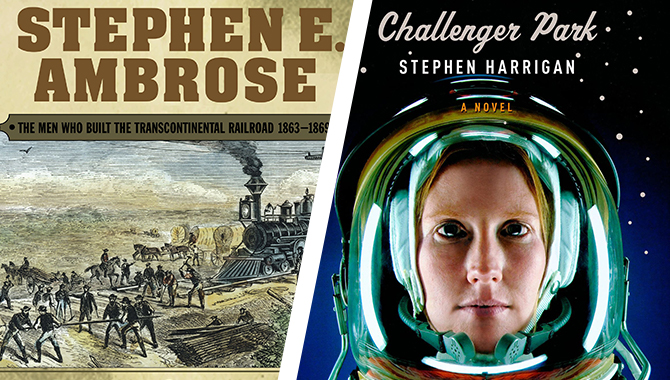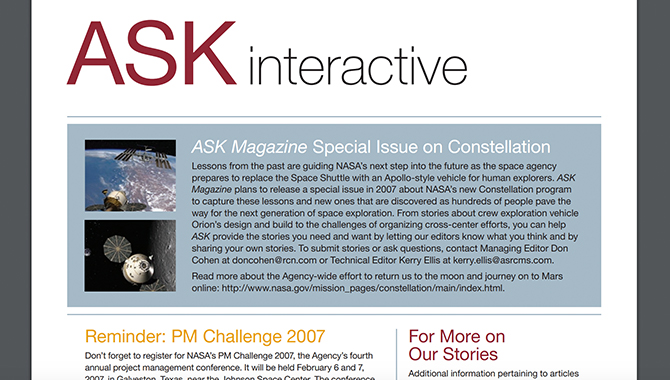Project work often generates new knowledge — both technical knowledge and knowledge about how to carry out projects successfully. Members of a project team carry what the experience teaches them to subsequent assignments, but they seldom share what they learn in a systematic way with one another or with others in the organization. When a project ends, participants typically move on to the next task without taking time to evaluate or document their learning from the work just completed. Some organizations have developed interesting processes for eliciting and sharing project knowledge. Here are three examples.
The After Action Review
The U.S. Army developed the after action review (or AAR) to improve learning from experience. At the end of every “action” — a project, a training exercise, a military engagement, or even a single meeting — participants meet to answer three questions: What did we expect to happen? What actually happened? What did we learn? The ground rules for discussion keep the focus on learning rather than assigning blame. The main aim of the process is to help the participants learn from their shared experience, and the army’s AAR process includes mechanisms for documenting and aggregating generally applicable lessons in a shared database. Some corporations have instituted their own AARs, with mixed success. It is most effective when it is a firmly established feature of every project or action, not an optional activity carried out when and if people find time for it.
“Harvesting” Project Knowledge at Intel
Recognizing that essential knowledge was often not shared across projects at the company, knowledge managers at Intel have assigned “knowledge consultants” to key projects to help identify valuable knowledge and make it available to others in the company. Spending thirty hours or more on each project, the consultants meet with project members to define their knowledge needs, document important learning at various project stages (which they describe as “harvesting” knowledge), and facilitate knowledge-sharing conversations between people who have knowledge and people who need it. Their involvement with a range of projects gives them information about knowledge needs and resources that those focused on specific projects seldom have, so they can serve as knowledge “brokers,” connecting knowledge seekers and providers. The Intel knowledge consultants are also gathering harvested knowledge in a publication they call “Knowledge Nuggets.”
Projects as Mentoring Opportunities
Most projects provide opportunities for informal mentoring. Experienced team members often take newcomers under their wing, offering advice and constructive criticism. This kind of on-the-job training and support powerfully teaches the kind of hands-on knowledge that book learning cannot provide.
Some organizations more deliberately combine mentoring and project work. One of them is MWH, which carries out water distribution, wastewater treatment, hydroelectric power, and other water projects. Project planners naturally assign people who have the skill and experience needed to do the work successfully to project teams, but they also intentionally put less experienced people on the teams and match them with team members who can mentor them and help them develop those essential skills. These mentoring relationships, developed through shared work, transfer knowledge from veterans to a younger generation of employees. At NASA, Goddard’s SEED program does something similar, training systems engineers by giving them a range of project experience under the supervision of mentors.








